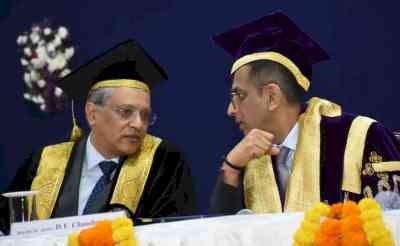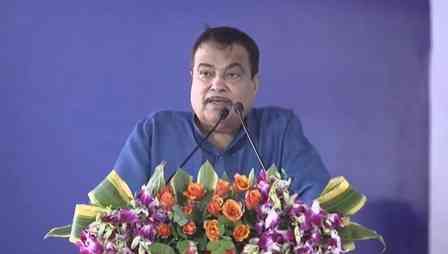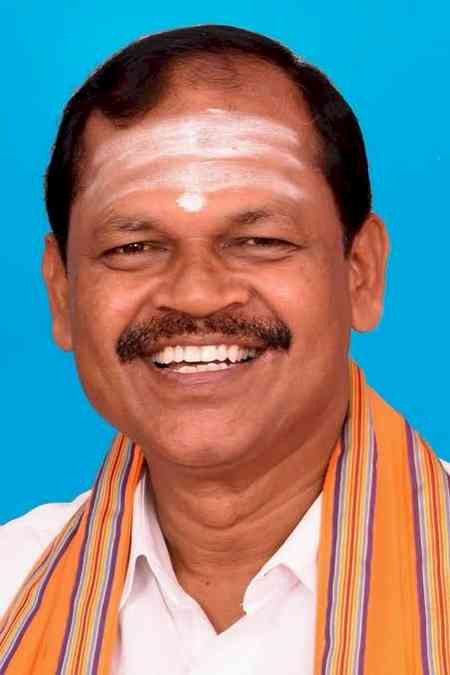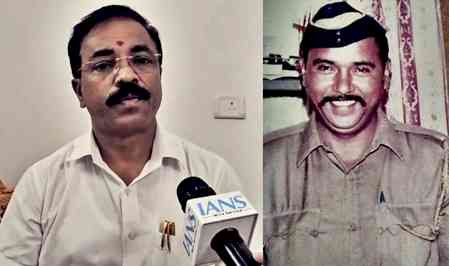'Judges have a crucial role to push for social change', CJI on suicides by Dalit, Adivasi students
Chief Justice of India (CJI) D.Y. Chandrachud on Saturday said incidents of suicides of students from marginalised communities are becoming common and research shows that most such students are from Dalit and Adivasi communities.

New Delhi, Feb 25 (IANS) Chief Justice of India (CJI) D.Y. Chandrachud on Saturday said incidents of suicides of students from marginalised communities are becoming common and research shows that most such students are from Dalit and Adivasi communities.
The Chief Justice stressed that judges in India have a crucial role in making a dialogue with the society inside and outside the courtrooms to push for social change.
The CJI was delivering the keynote address at the 19th Annual Convocation of National Academy of Legal Studies and Research University of Law, Hyderabad (NALSAR). The Chief Justice said educational curriculum must inculcate a sense of compassion amongst students and academic leaders must also be sensitive to the concerns of students.
"When students leave their homes, it becomes the responsibility of educational institutions to establish a bond of institutional friendship with students. We must also realise that different students face different challenges. Only recently, I read about the suicide of a Dalit student at IIT Bombay, it reminded of the suicide of an Adivasi studying in a national level university....last year," he said.
The Chief Justice added that my heart goes out to family members of these students, but I also have been wondering where our institutions are going wrong, that students are forced to give up their precious lives. "In these instance, incidents of suicides of students from marginalised communities are becoming common. These numbers are not just statistics; they are stories sometimes of centuries of struggle," he said.
Justice Chandrachud further added that Professor Sukhdev Thorat, one of our senior educationist in the country, has noted that most of students who died of suicide have been Dalits and Adivasis and it shows a pattern which we must question.
"In 75 years, we have focused on creating institutions of eminence but more than that we need to create institutions of empathy, the term I read in a news article. Some of you must be wondering why the Chief Justice is speaking on this issue, well because I think, the issue of discrimination is directly linked with lack of empathy in educational institutions...," he said.
Justice Chandrachud said furthermore, judges cannot shy away from social realities and instances of judicial dialogue are common across the globe. "When the Black Lives Matter movement emerged in the US, after the murder of George Floyd, all 9 judges of the Washington Supreme Court... released a joint statement addressed to the judiciary and the legal community on the degradation and devaluation of black lives in the US...," he said.
The Chief Justice emphasised, "In similar ways, judges in India have a crucial role in making a dialogue with the society inside and outside the courtrooms to push for social change."
He said, "my effort is also to throw light on structural issues which confront our society, therefore promoting empathy should be the first step that educational institutions ought to take. Nurturing empathy can end the culture of eliteness and exclusion..."
On the social discrimination faced by students from marginalised communities, he suggested stopping allotment of hostel rooms based on marks secured in the entrance exam, which leads to caste-based segregation.
He also stressed against practices like putting out a list of marks obtained by students along with social categories; asking for marks of Dalit and Adivasi students, publicly to humiliate them; making mockery of their English proficiency and labelling them as inefficient.
The Chief Justice said practising empathy is not just a personal attribute but it requires institutional change in every walk of life within and outside the judiciary, including our educational institutions. "In that sense, I believe empathy can help reflect on the state of legal education in a much broader way...," he said.


 IANS
IANS 








